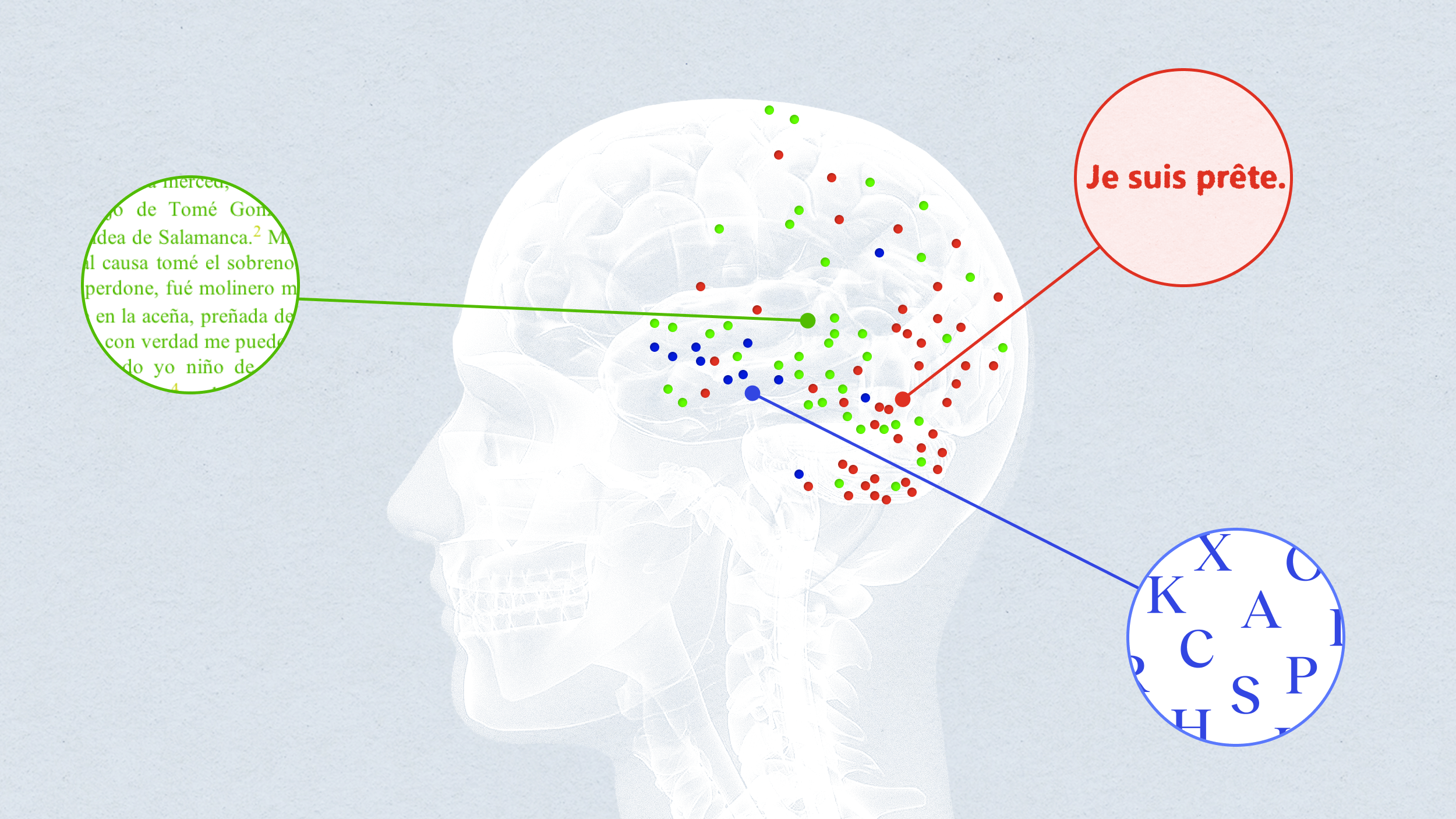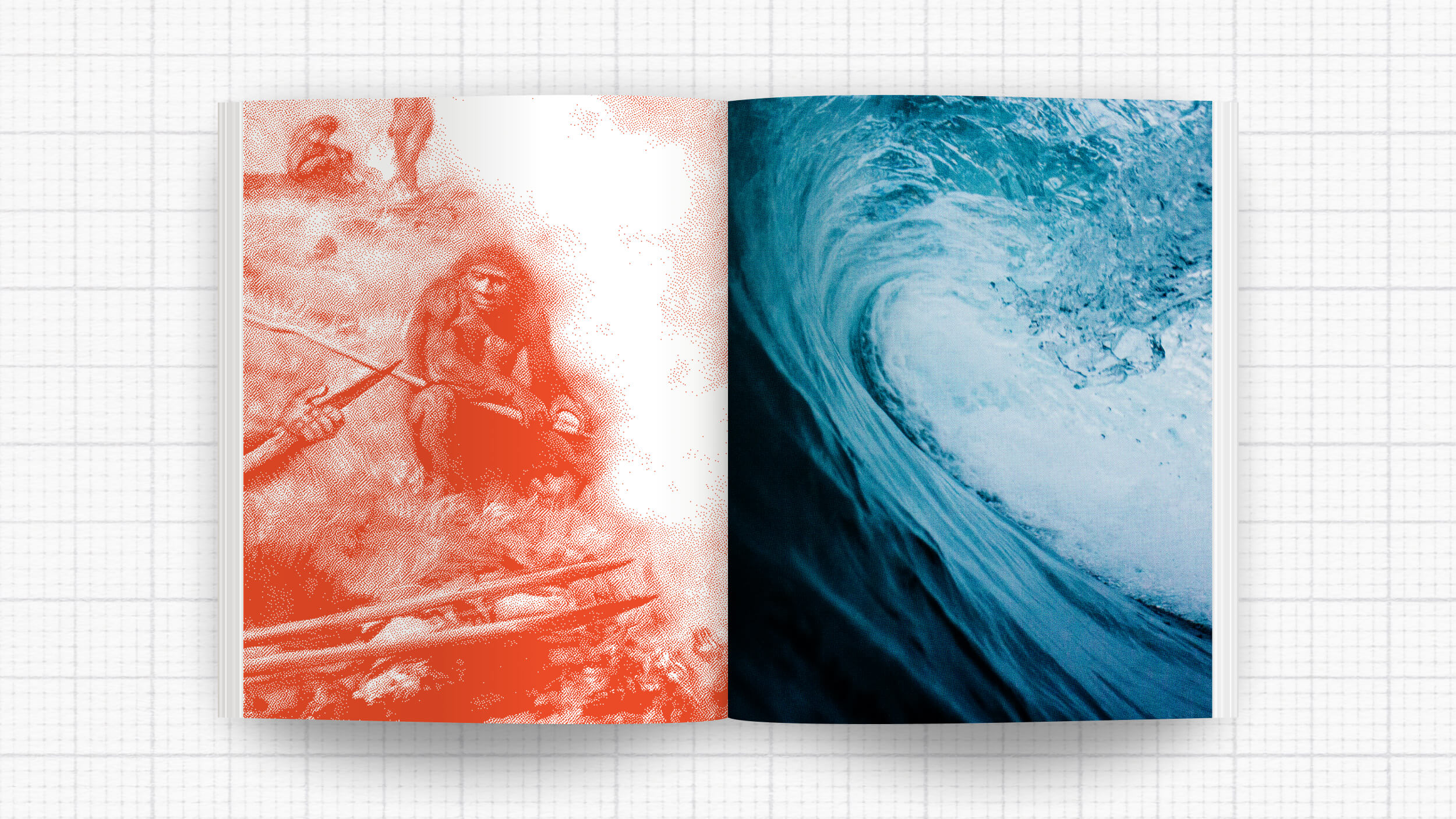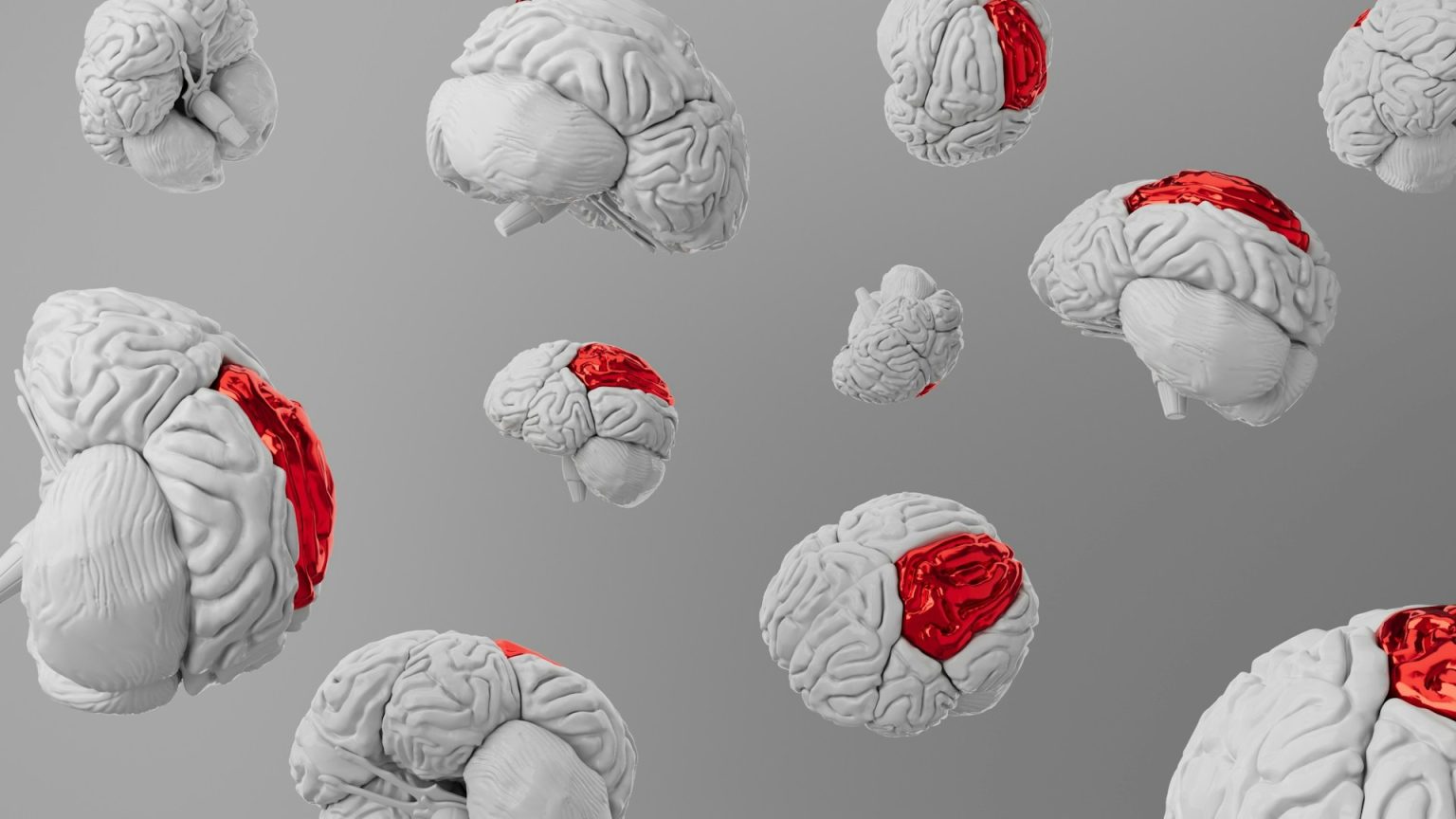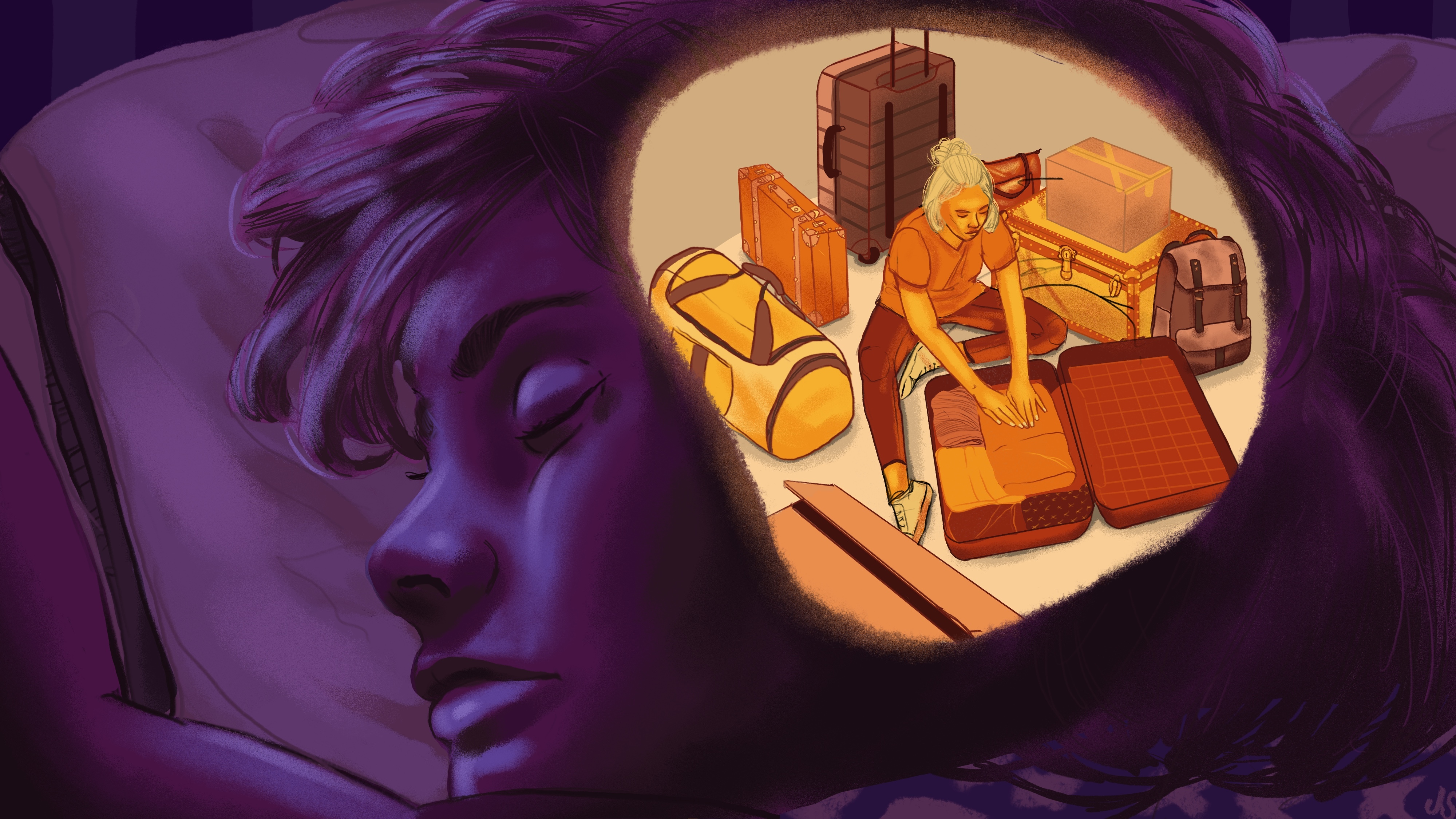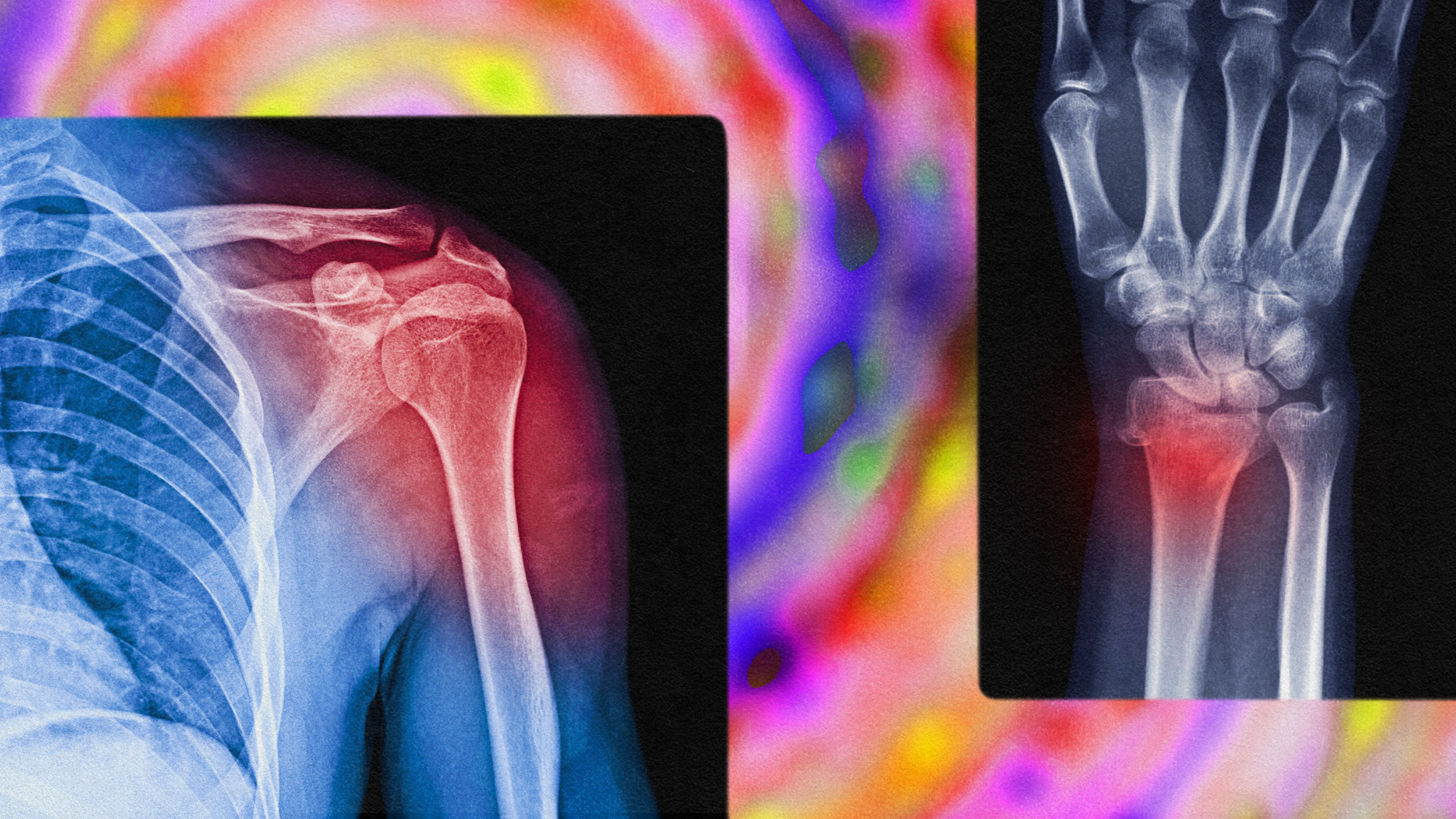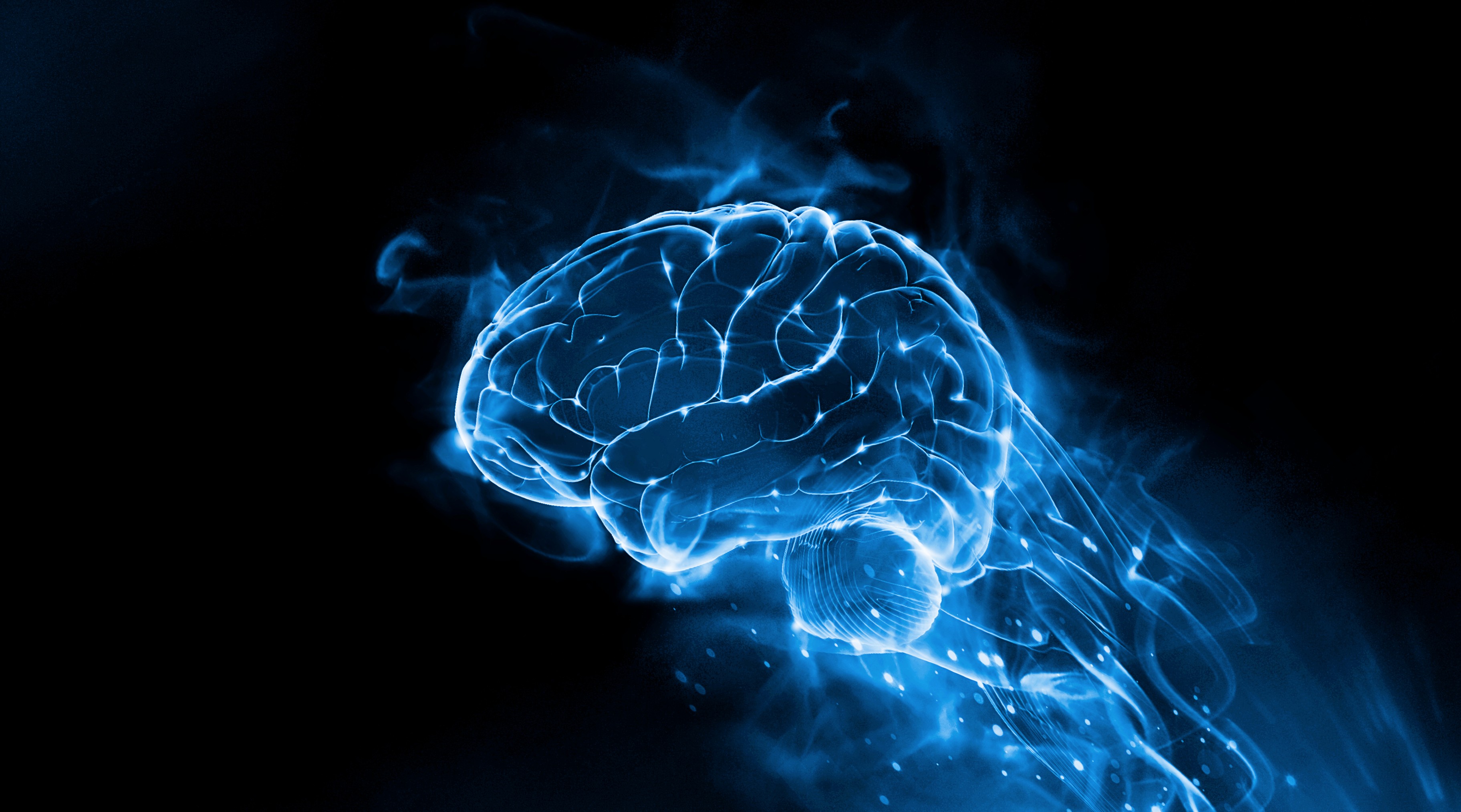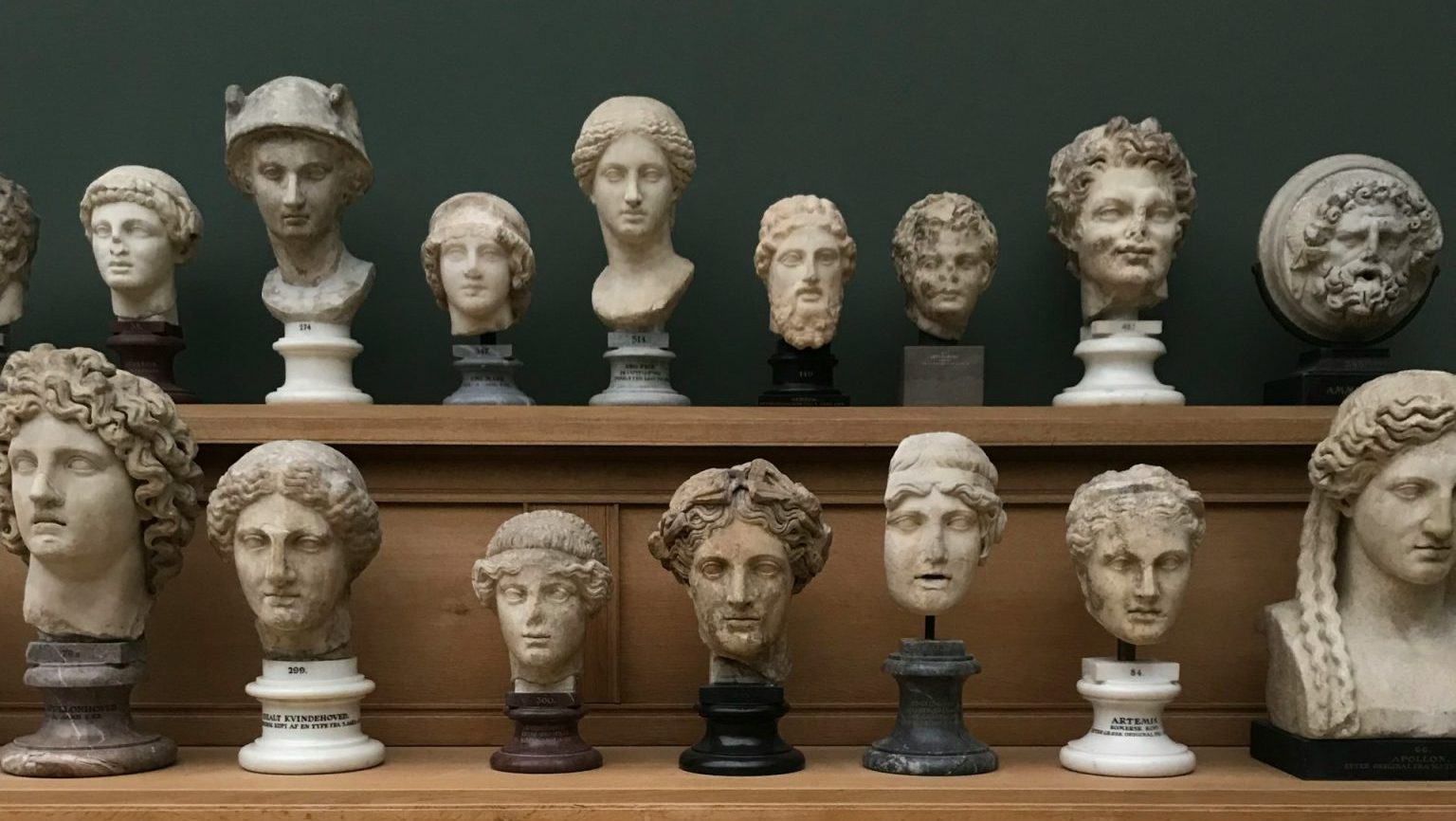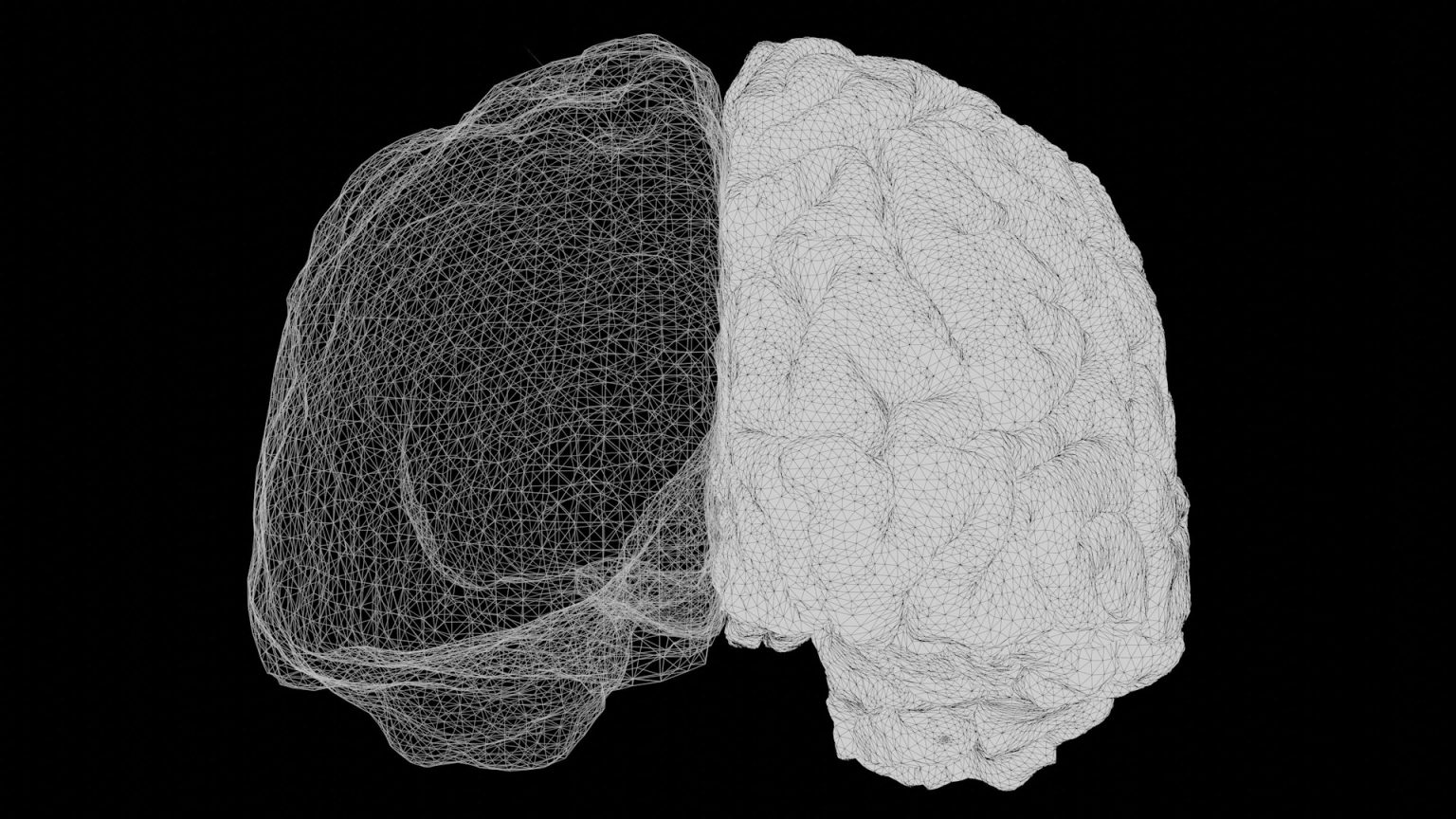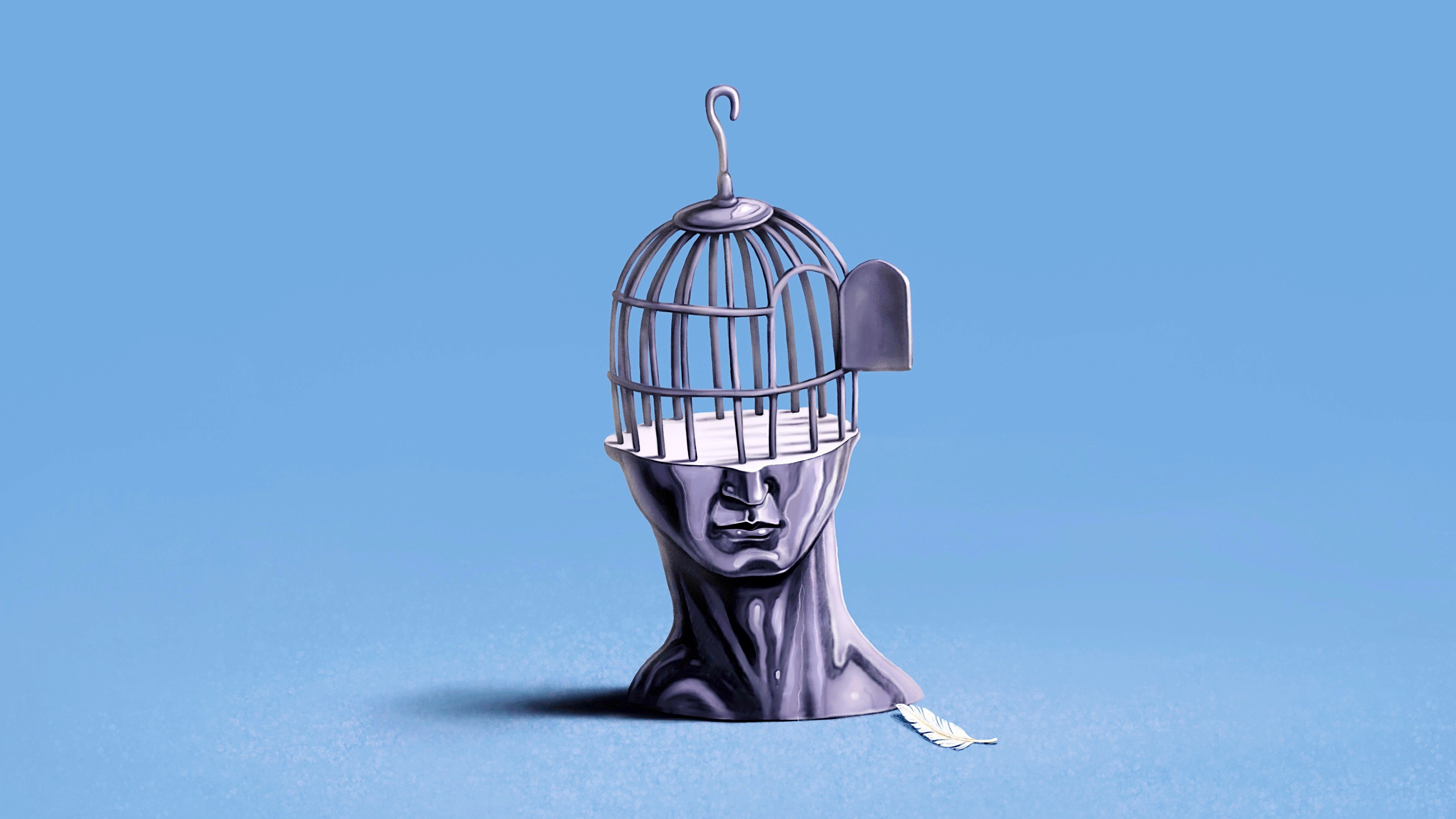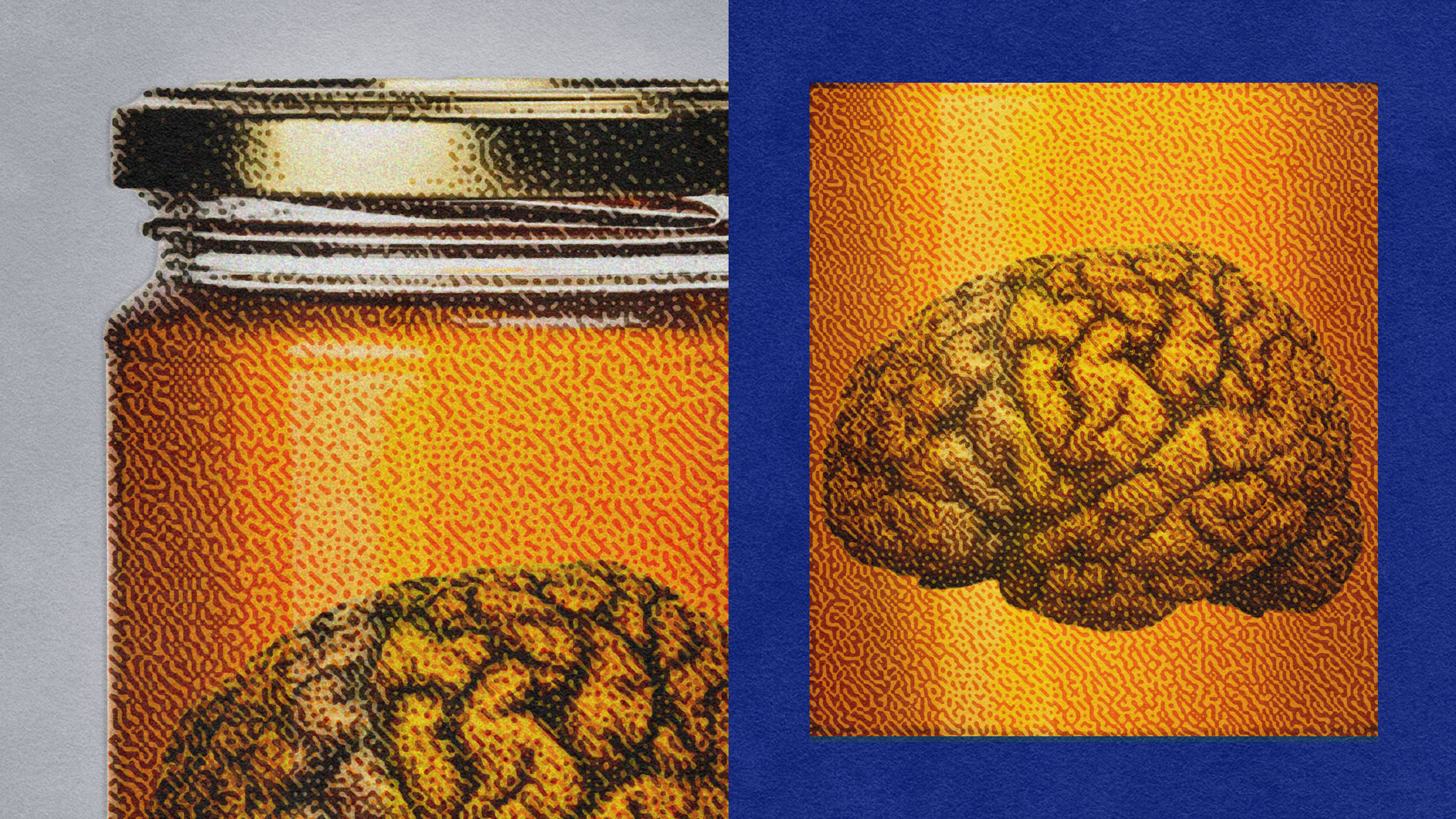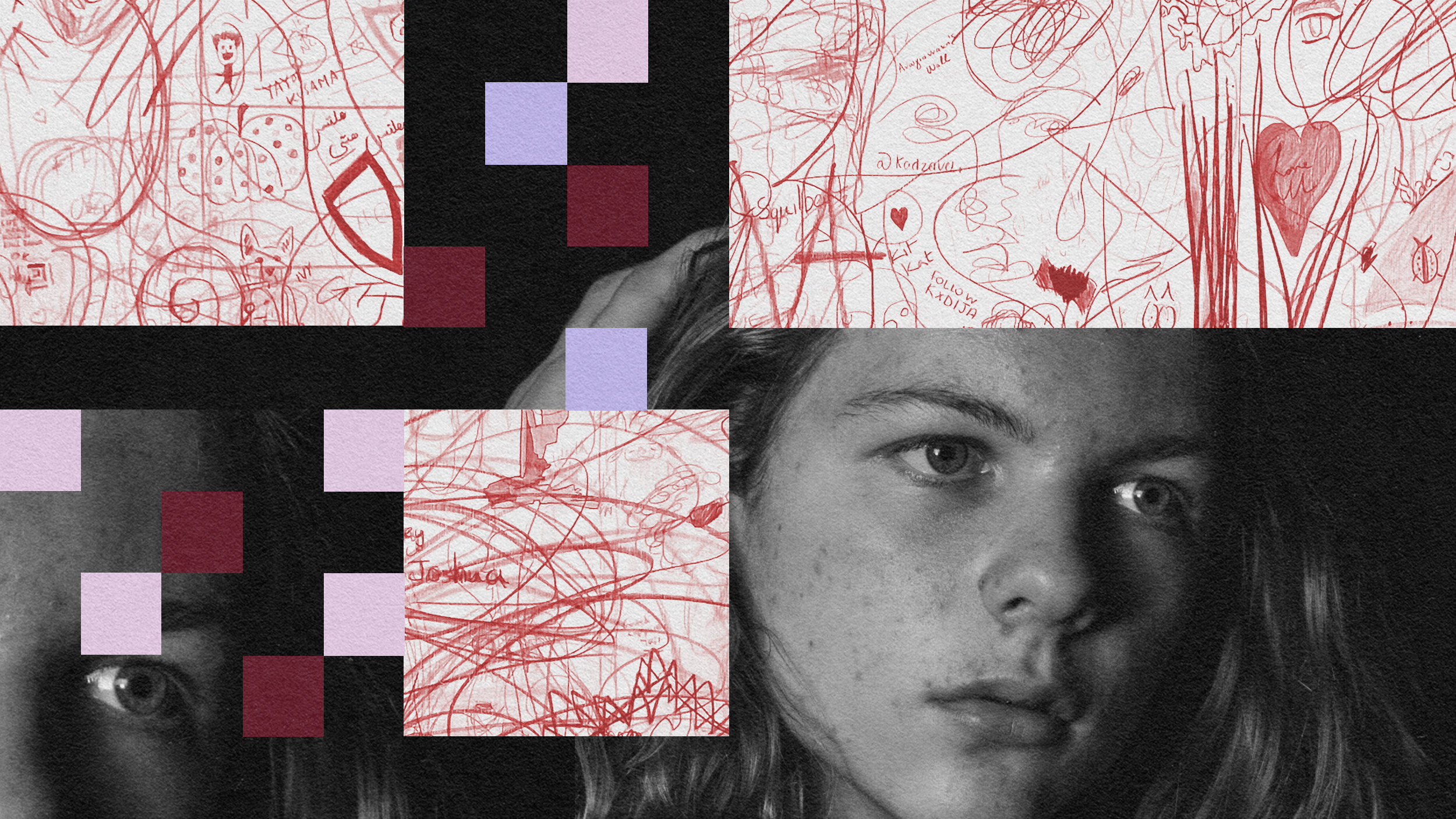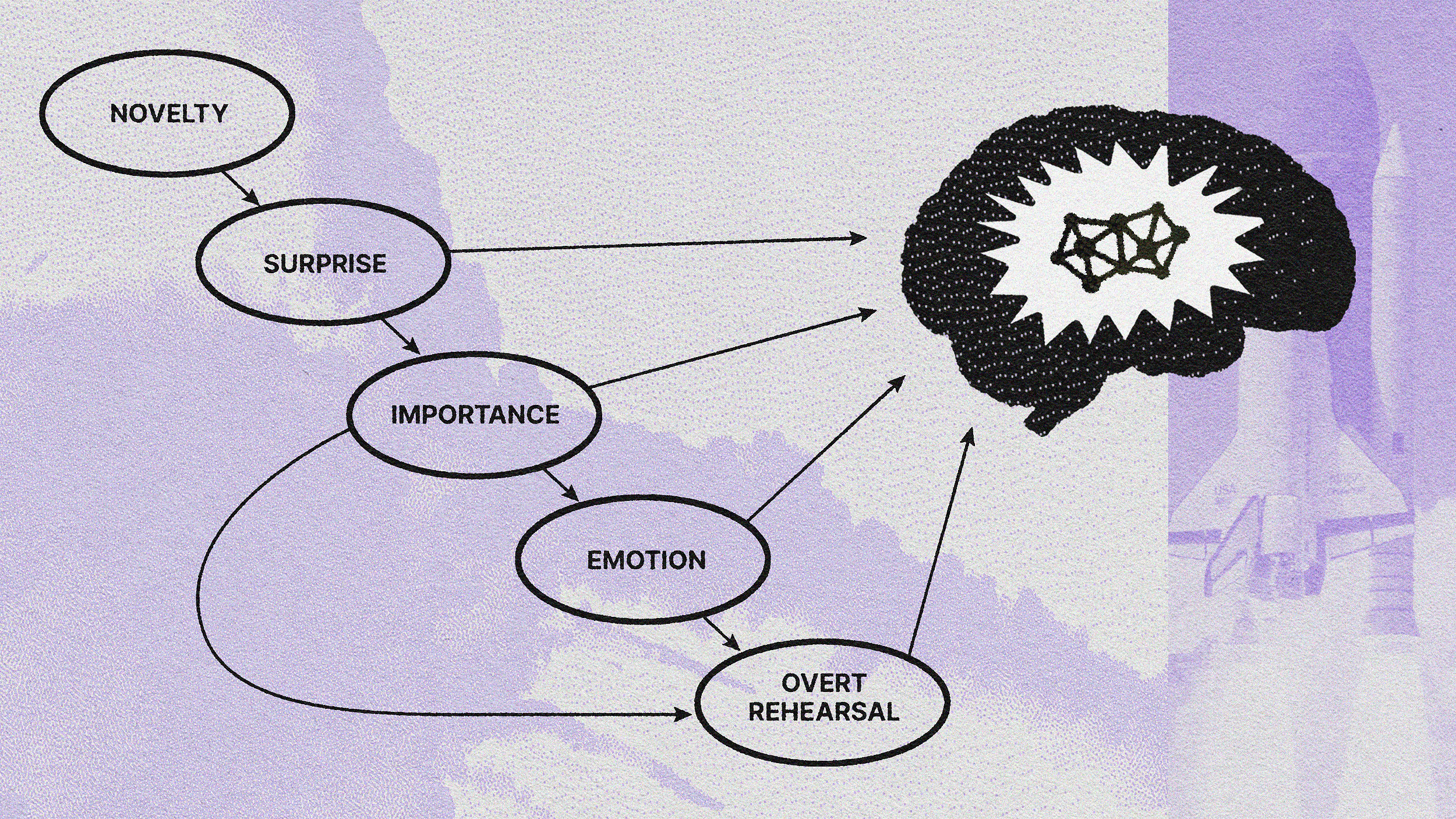neuroscience
In the brain’s language-processing centers, some cells respond to one word, while others respond to strings of words together.
From hunter-gathers to desk jockeys, we work best when short, intense sessions are followed by lighter fare.
Thinking of a number between one and ten? Here’s how predictable human responses create the illusion of telepathy.
Manipulating a signaling pathway in mice reversed their anxiety — and offers hope for a new class of anti-anxiety medications for humans.
“I know what you’re thinking” can sound kind or creepy — depending on who’s saying it.
“The brain is never the same from one moment to the next throughout life. Never ever.”
“Upon emergence, these patients are sincerely unsure what was reality and what was a ‘dream.'”
The evidence is far less clear than popular media might lead you to believe.
A researcher weighs in on who’s accountable, when and why, in the eyes of the law — and whether the measures work as intended.
Neuroscientist Christof Koch on human minds, AI, and bacteria.
Sound may be an overlooked tool for boosting well-being.
An excerpt from renowned neuropsychologist Nicholas Humphrey’s book “Sentience: The Invention of Consciousness.”
Depression can cause you to think too much — and physically sense too little.
Fixing chronic pain in the body may sometimes require a treatment focused on the brain.
Recent research sheds light on how the brain overgeneralizes fear, causing people to be afraid of harmless situations.
An argument for emphasis on subjective experience.
A new framework describes how thought arises from the coordination of neural activity driven by oscillating electric fields — a.k.a. brain “waves” or “rhythms.”
Big Think recently spoke with behavioral scientist and author Katy Milkman about what really motivates us and steers our behavior.
Research suggests that experience may matter more than innate ability when it comes to a sense of direction.
Admitting that we know little about our future selves can radically improve our decision-making.
You really can get by with a little help from your friends — if you also look beyond your personal to-do list.
Even with the best technology imaginable, you’d probably never be able to exist as a consciously aware brain in a vat.
A recent study suggests that exposure to visual stimuli can diminish the effects of psychedelic drugs.
Implanting machine components into human bodies, argues one scholar, could make for a better society.
Attention deficit hyperactivity disorder has been a controversial diagnosis since it was first described, back in the 1940s.
An excerpt from “Memory,” a primer on human memory, its workings, feats, and flaws, by two leading psychological researchers.
If you guessed “staying up all night to play video games,” you’d be right.
A growing body of research suggests that optimism plays a significant role in promoting both physical and mental well-being.
The sober reality behind the effectiveness of two new drugs touted as Alzheimer’s breakthroughs: lecanemab and donanemab.
